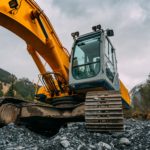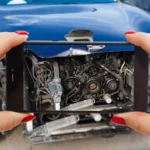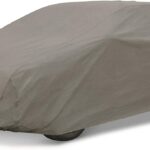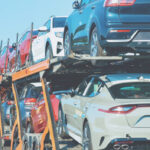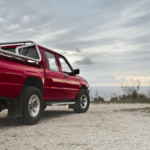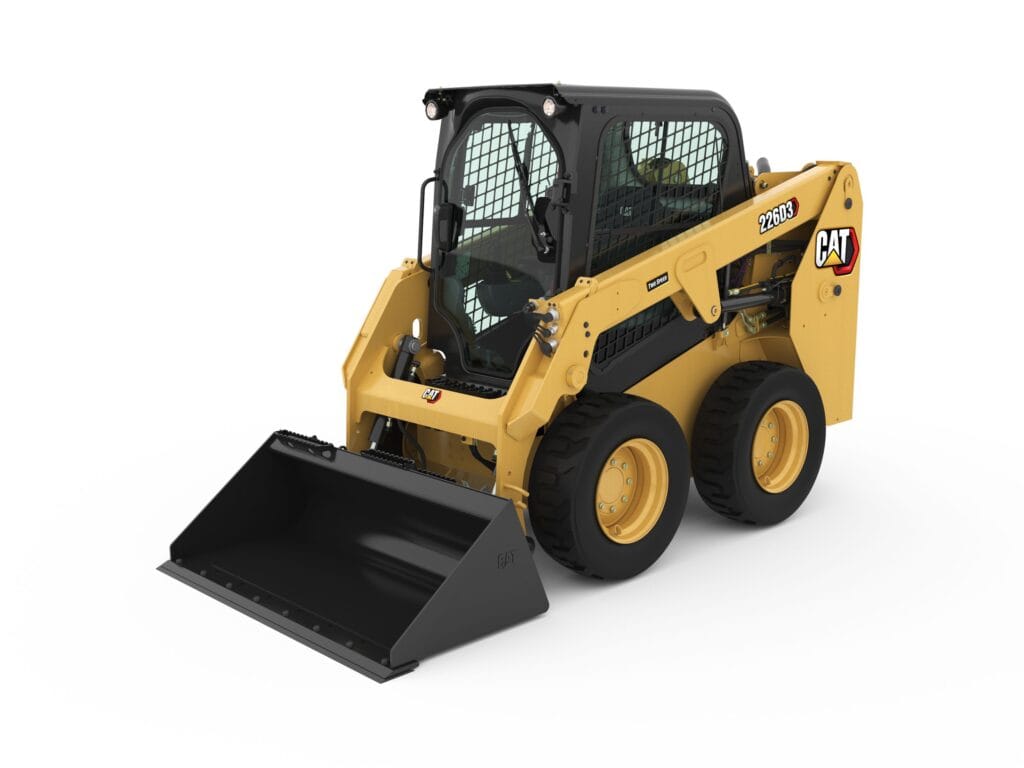
Investing in a buy skid steer loader is a big decision for contractors, landscapers, and construction businesses. These versatile machines handle everything from lifting heavy loads to grading, digging, and material transport. One of the main benefits of purchasing new equipment is the warranty, which gives buyers peace of mind.
But here’s the catch—warranties don’t cover everything. Many operators discover too late that certain issues, damages, or repairs aren’t included in the standard plan. That’s why it’s important to understand both what a warranty covers and, more importantly, what it does not cover.
This article breaks down the essentials of a skid steer loader warranty, the most common exclusions, and how to protect your investment. We’ll also discuss why evaluating skid steer loader characteristics is crucial before purchase and how trusted dealers like Quinn Company can support you with the right machine and after-sales service.
What Does a Standard Skid Steer Loader Warranty Cover?
When you purchase a new skid steer loader, the warranty is your safeguard against manufacturing defects and workmanship issues. Most leading manufacturers and dealers include a warranty plan that generally covers:
- Defects in materials and manufacturing – For example, if a hydraulic pump fails due to faulty assembly.
- Powertrain coverage – Engine, transmission, and drive motors are often protected for a set period.
- Hydraulic system protection – Cylinders, pumps, and controls are usually included.
- Electronics and wiring – Many plans cover major electrical systems if they fail due to factory errors.
- Limited duration – Most warranties last between 12 to 24 months or up to 2,000 operating hours.
Some dealers also offer extended warranties that cover specific components beyond the basic plan. However, these protections have limits and exclusions that every buyer needs to understand clearly before operating the machine.
Common Cases Not Covered by a New Skid Steer Loader Warranty
Warranties are not designed to be catch-all insurance policies. They cover manufacturer responsibility, but owner misuse or environmental damage usually falls outside the scope. Here are the most common situations not covered:
1. Normal Wear and Tear
Like any machine, certain parts of a skid steer loader are designed to wear down over time. Consumables such as:
- Tires and tracks
- Brake pads
- Filters and belts
- Hydraulic hoses
These parts require regular replacement, and warranties don’t cover them. Think of it as similar to car tires—they’re expected to wear out with use.
2. Improper Use or Overloading
Every skid steer loader has a Rated Operating Capacity (ROC), which determines how much weight it can safely handle. Exceeding this capacity, operating on unstable ground, or using the loader for tasks beyond its design can cause damage that voids warranty coverage.
For instance, if you attempt to lift heavy concrete slabs with a compact loader that isn’t designed for that weight, any resulting hydraulic or frame damage won’t be covered.
3. Lack of Maintenance
Skipping oil changes, ignoring filter replacements, or using non-approved fluids and parts can lead to warranty denial. Manufacturers often require documented service history. If records show the machine wasn’t maintained properly, even legitimate breakdowns may not qualify for coverage.
4. Accidental or Operator Damage
Accidents happen—collisions with other equipment, tipping incidents, or misuse by inexperienced operators. Unfortunately, these issues aren’t considered warranty defects. Dealers treat such damage as operator error and charge for repairs.
5. Environmental and External Factors
Machines working outdoors are exposed to harsh conditions. Warranties typically exclude:
- Rust and corrosion
- Flood damage
- Storm or lightning strikes
- Extreme weather wear
For example, if your loader sits unused and develops corrosion due to poor storage, the repair won’t be covered.
6. Unauthorized Modifications
Skid steer loaders are compatible with many attachments, but not all are manufacturer-approved. Installing aftermarket hydraulics, welding modifications, or using incompatible tools can void warranty terms. Always confirm with your dealer before making changes.
7. Daily Consumables
Basic operating supplies—like lubricants, grease, diesel fuel, and DEF (Diesel Exhaust Fluid)—are not part of warranty coverage. These are considered owner responsibilities.
How to Protect Your Investment Beyond Warranty
Since warranties don’t cover every scenario, owners need to take proactive steps to safeguard their machines.
- Stick to Preventive Maintenance – Follow manufacturer-recommended service intervals. Use genuine filters, fluids, and parts.
- Train Operators Properly – A well-trained operator can prevent misuse, extend machine life, and reduce repair costs.
- Consider Extended Warranties – Many dealers, including Quinn Company, offer extended coverage plans tailored to heavy-use customers.
- Buy from Trusted Dealers – Reputable sellers provide after-sales support, skilled technicians, and access to genuine parts, reducing risks of downtime.
Key Factors to Consider Before Buying
Understanding warranty exclusions is important, but equally crucial is choosing the right machine in the first place. According to industry experts, there are four skid steer loader characteristics every buyer should evaluate:
1. Engine Power and Performance
The horsepower of the loader determines how effectively it can handle tough tasks. More demanding jobs like demolition or heavy material handling require higher power, while landscaping projects may only need a smaller engine.
2. Rated Operating Capacity (ROC)
This tells you how much load the machine can safely lift without tipping. Choosing the right ROC ensures efficiency and avoids strain on the machine, preventing warranty-voiding misuse.
3. Hydraulic System Strength
The hydraulic system powers attachments like augers, trenchers, and snow blowers. A robust system allows you to expand the machine’s versatility. Look for high-flow hydraulics if you plan to use advanced attachments.
4. Size and Maneuverability
Compact loaders excel in tight spaces, while larger models are better suited for open construction sites. Consider the jobsite environment before finalizing your purchase.
By carefully evaluating these factors, you’ll not only choose the right machine but also reduce the chances of warranty disputes caused by using an unsuitable loader.
Conclusion
A new skid steer loader is a major investment that delivers long-term value when chosen and maintained wisely. While warranties protect against manufacturing defects, they don’t cover everyday wear, misuse, or accidents.
By understanding warranty limitations and focusing on skid steer loader characteristics before buying, you can select the right machine for your needs. And by purchasing from a trusted dealer like Quinn Company, you’ll gain access to reliable after-sales support, extended coverage options, and expert guidance.
In short, warranties provide a safety net—but smart buying and responsible ownership are what truly protect your investment.Investing in a new skid steer loader is a big decision for contractors, landscapers, and construction businesses. These versatile machines handle everything from lifting heavy loads to grading, digging, and material transport. One of the main benefits of purchasing new equipment is the warranty, which gives buyers peace of mind.
FAQs
No. Accidental or operator-caused damage is considered user responsibility.
Only if they are manufacturer-approved. Otherwise, you risk voiding your warranty.
Missing services or using non-genuine parts can cancel warranty eligibility for related issues.


